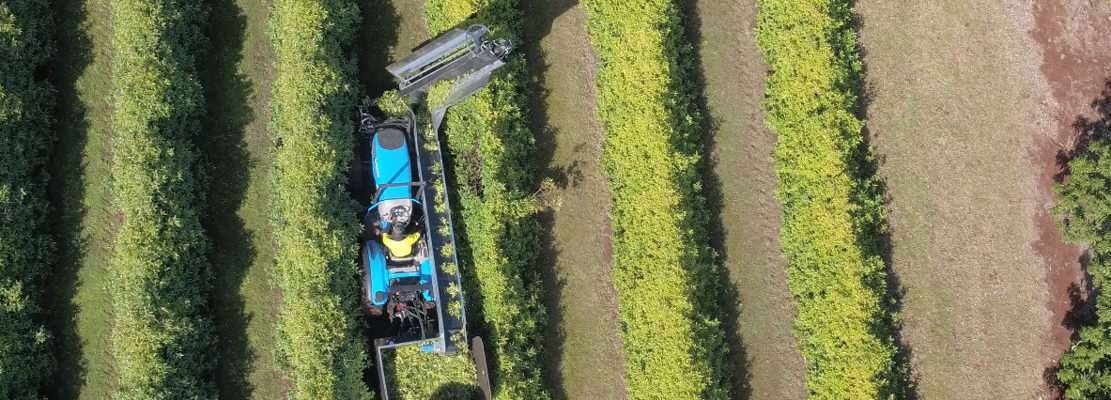
Australia's Natural Sanitiser: Lemon Myrtle in Demand
Australia’s largest producer of lemon myrtle has retooled its entire North Queensland farm to meet the growing demand for hand sanitiser and cleaning products.
Australian Native Products has seen a surge in demand for its native lemon myrtle thanks to the plant’s powerful natural antibacterial properties. When distilled into an essential oil, it can be used in personal hygiene and cleaning products including the highly sought-after hand sanitiser.
Australian Native Products CEO James Gosper says the demand has been so high, the company’s entire Mareeba farm in Far North Queensland will now process 100% of its lemon myrtle harvest specifically for essential oil, fast-tracking the installation of a new still in order to keep up.

“The company has experienced a big jump in enquiries relating to hand sanitiser and a 70% increase for cleaning products as the world responds to the COVID-19 crisis,” said Mr Gosper.
“In the space of a week, our Mareeba farm has gone from turning 95% of its harvested lemon myrtle into dried leaves, to distilling 100% of the crop into essential oil. We’re expecting to produce more than 300 litres of lemon myrtle essential oil between now and June.
“Lemon myrtle has powerful antibacterial properties, is antifungal, antimicrobial and completely natural – all attributes that people are looking for right now.”
With its distinct aromatic lemon fragrance and flavour, lemon myrtle has steadily grown in popularity since Australian Native Products founder Gary Mazzorana first started growing the native in northern NSW in 1995.
Demand currently outstrips supply and Australian Native Products is currently two-thirds of the way through planting 180,000 new lemon myrtle and anise myrtle trees to keep up.
“It’s great to see Australians embracing native products – I think we’ve really opened up people’s eyes to what’s available in their own backyard. Our job now is to keep up with demand, whether it’s from companies making hand sanitiser and cleaning products, or gin distilleries, tea makers and chefs experimenting with flavours,” said Gosper.



